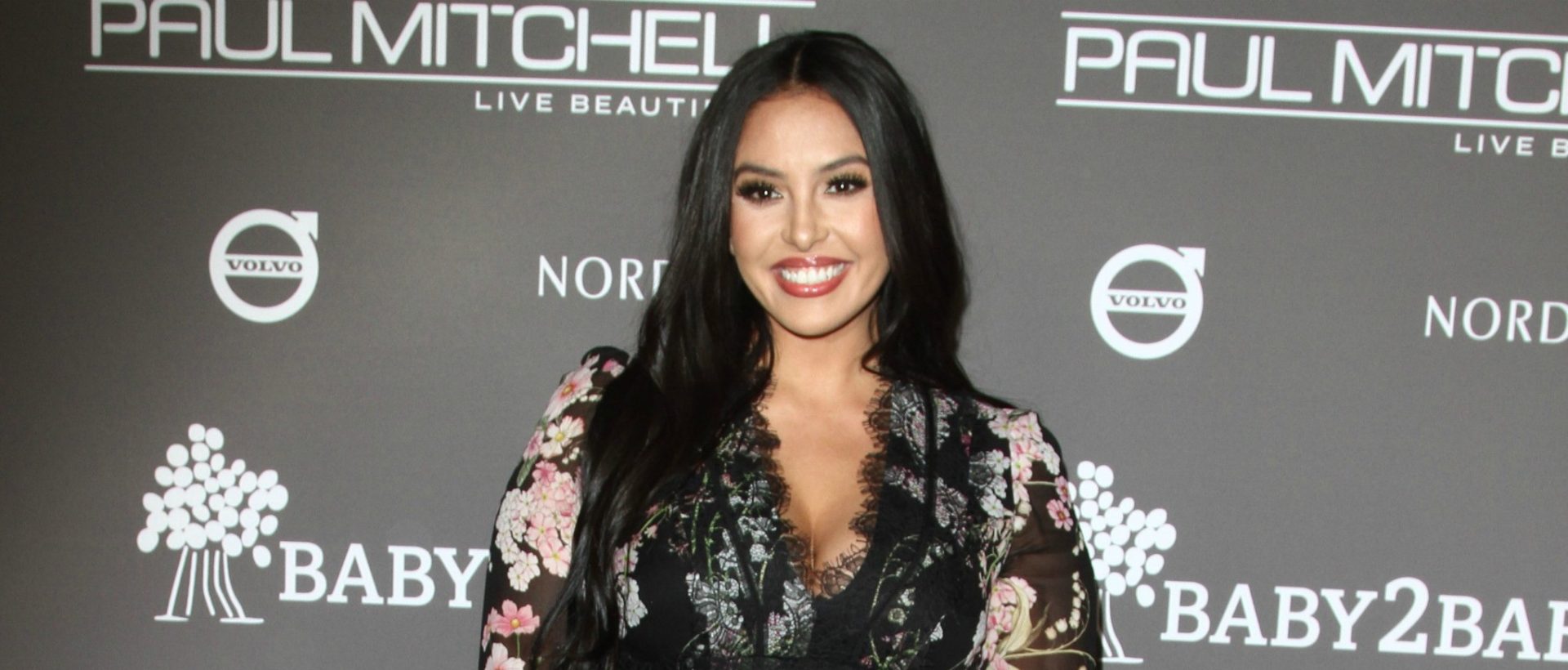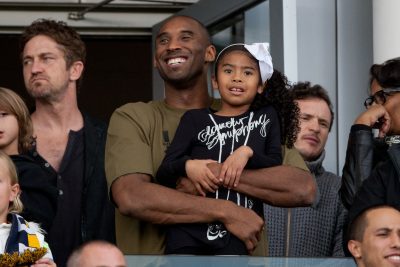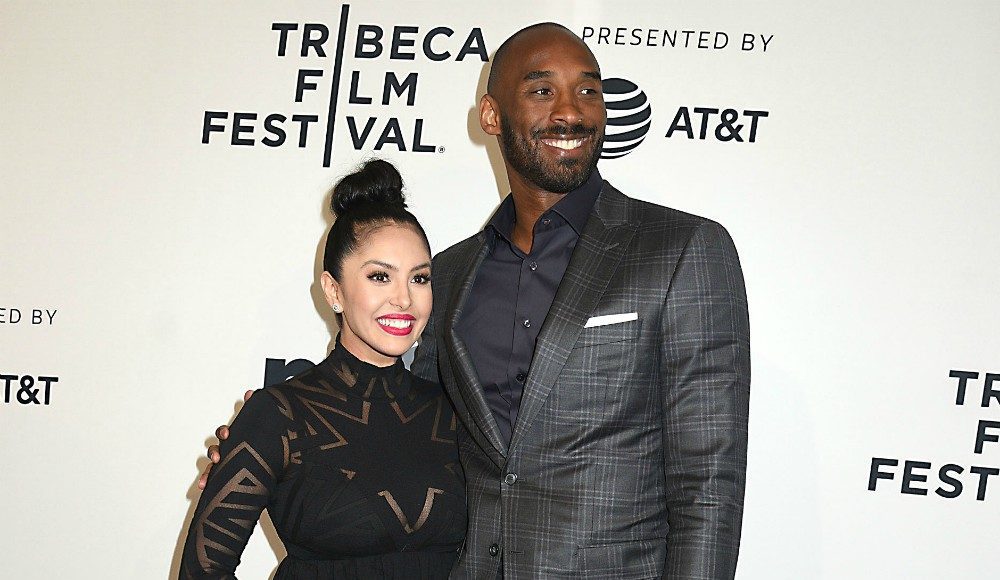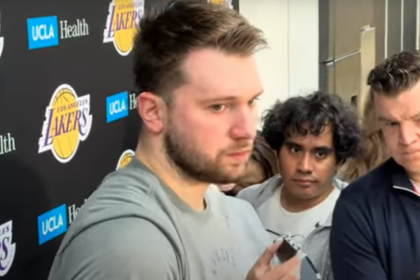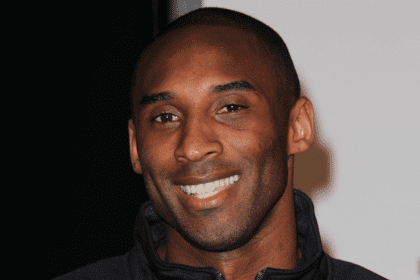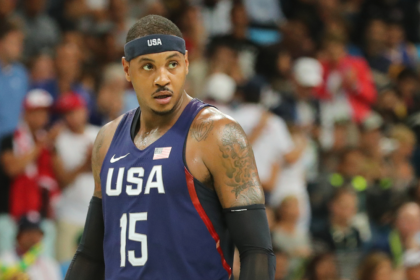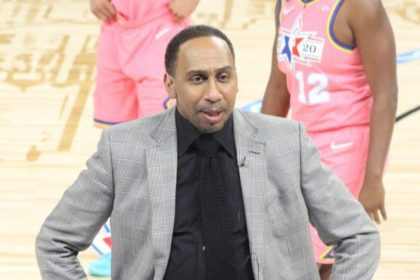
ESPN unveiled its annual NBA player rankings with training camp looming. There have been a few critics of past lists, most notably placing Kobe Bryant at No. 25, No. 40, and No. 93 the last three seasons of his career. This year, the big story has been New York Knicks forward Carmelo Anthony finishing outside of the top 50. Anthony ranked No. 64 this year, one spot behind No. 63 rookie guard Lonzo Ball.
Anthony provided his feedback on his personal Twitter soon after the ranking surfaced online.
Can't Make Sense Out Of Non Sense!
"A certain darkness is needed to see the stars."@espn Don't be so Blatant with the disrespect#LineEmUp pic.twitter.com/NIWiwL1RMj— Carmelo Anthony (@carmeloanthony) September 12, 2017
Last season Anthony played all but eight games, averaging 22.4 points, 5.9 rebounds a game with a .433 field goal percentage, the lowest since his second season in the league. He has a chance this season to be the third player in NBA history to average at least 20 points a game in his first 15 seasons — the other two players are Michael Jordan and Kareem Abdul-Jabar.
Both Anthony’s scoring average and his field goal shooting percentage have decreased every season since 2013-14. He ranks eight spots behind reigning Rookie of the Year Malcolm Brogdon, who averaged 10.2 points, 4.2 assists, and 2.8 rebounds in 26.4 minutes per game last season. Outspoken Portland Trailblazers guard C.J. McCollum offered an idea after seeing the ranking.
We need to start ranking these weak ass journalist. With descriptions of their strengths, weaknesses and ability to make up "sources"
— CJ McCollum (@CJMcCollum) September 12, 2017
The athlete vs. media is an age-old debate that has now resurfaced. If players actually come together to create a list ranking journalists with reasons the journalists were ranked at where they were, the direction that the industry is headed may change. The most viewed non-highlight sports videos online are clips from debate shows. Opinions and hot takes seem to dominate what networks are feeding to the audience. With more emphasis on opinions and less on traditional, balanced reporting now, a lot of journalists are going to get called out on the list. Some of the industry’s biggest names could be ranked in the 60s with valid reasons and maybe that’ll motivate journalists to do better — just like the player’s rankings do for the athletes.

